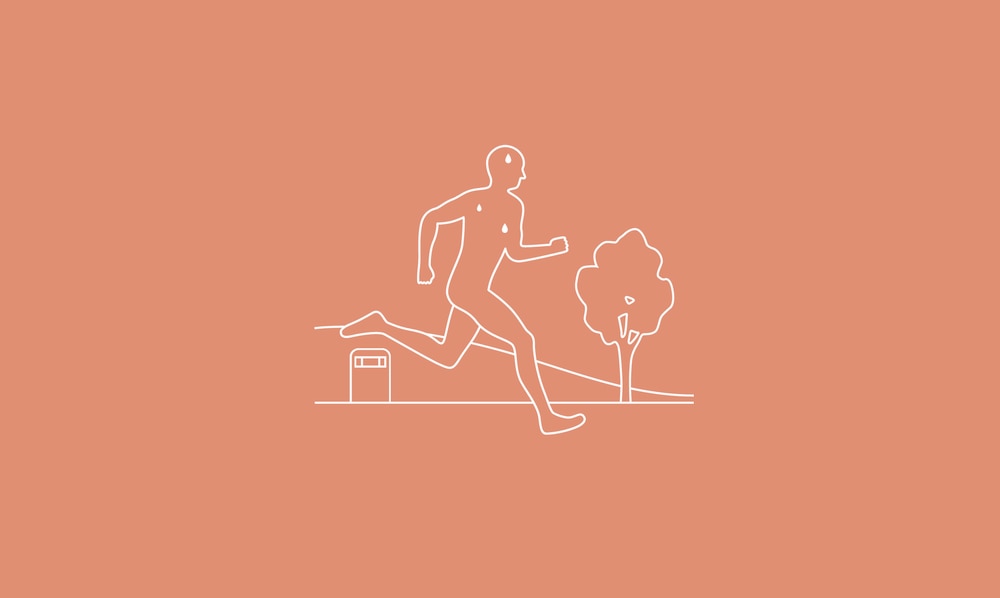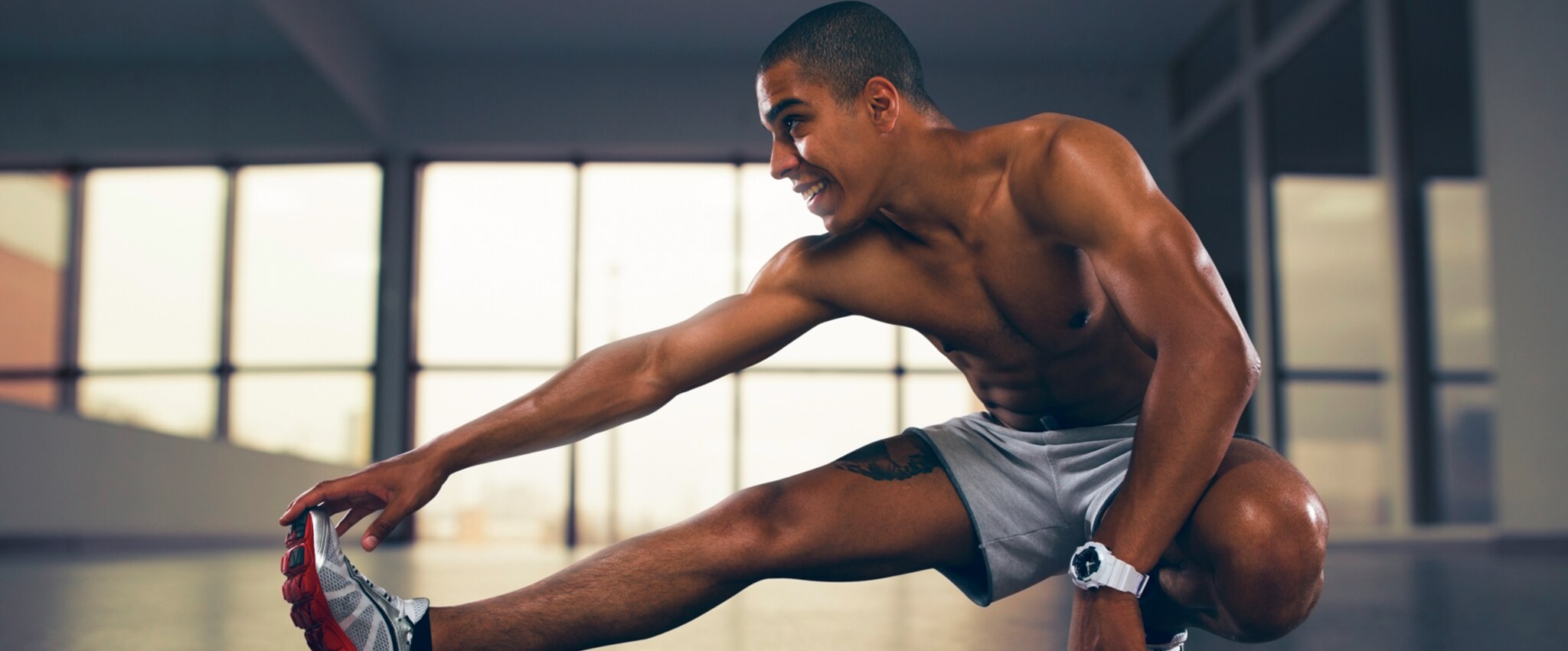Exercise Sweat
Exercising and other physical activities increase your body temperature – so your body sweats to keep you cool.
Some people might experience excessive sweat while working out, while others may not even get sweat patches. What happens when you sweat? You can sweat ten times more than normal while exercising – up to 10 litres a day. That’s a lot of fluid, so if you experience excessive sweating when working out, it’s really important that you stay hydrated.
Sweating During Exercise
Why do we sweat when exercising?
Despite what many people think, there is no weight loss or fitness benefit to sweating excessively during exercise. In fact, more sweat doesn’t mean that you’re burning more calories; it just means that your body is fighting harder to cool you down.
What sweating does to your body?
Stay fresh and dry by showering after exercise and make sure that you dry yourself properly to prevent bacteria-causing body odour.
Wondering what does sweating mean when exercising?
If so, you can check out Rexona's antiperspirants with Dry Protection for men and women – our patented sweat technology powered by specially formulated microcapsules. Friction from body movement triggers the capsules to break and release bursts of freshness. So the more you move, the more it protects.
What happens when you sweat during exercise?
It is not necessarily abnormal to not sweat during exercise, as everyone's body reacts differently to physical activity. However, sweating is a natural response to help regulate body temperature and cool down during exercise. If you are not sweating during exercise, it may indicate that your body is not regulating its temperature efficiently, which could be a sign of an underlying medical condition.
Another common reason for lack of sweating during exercise or workout is dehydration.
If you’re worried about sweat patches or think that you’re sweating excessively during or after exercise, check out Rexona Clinical Protection, which is double the strength of regular antiperspirant and assists with odour and sweat control.



